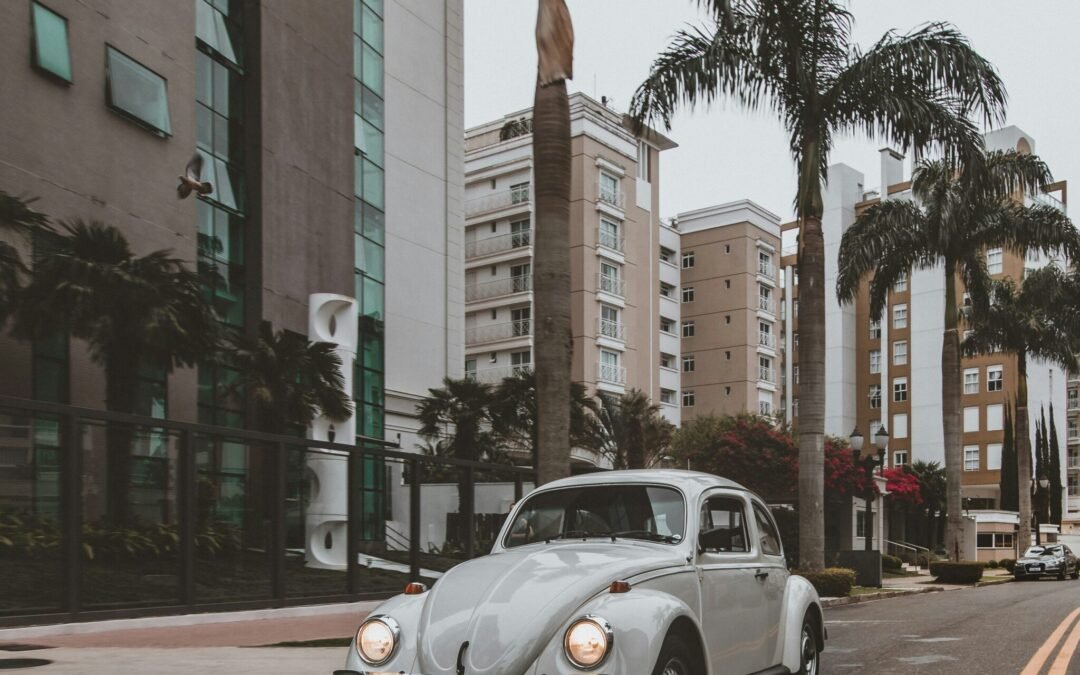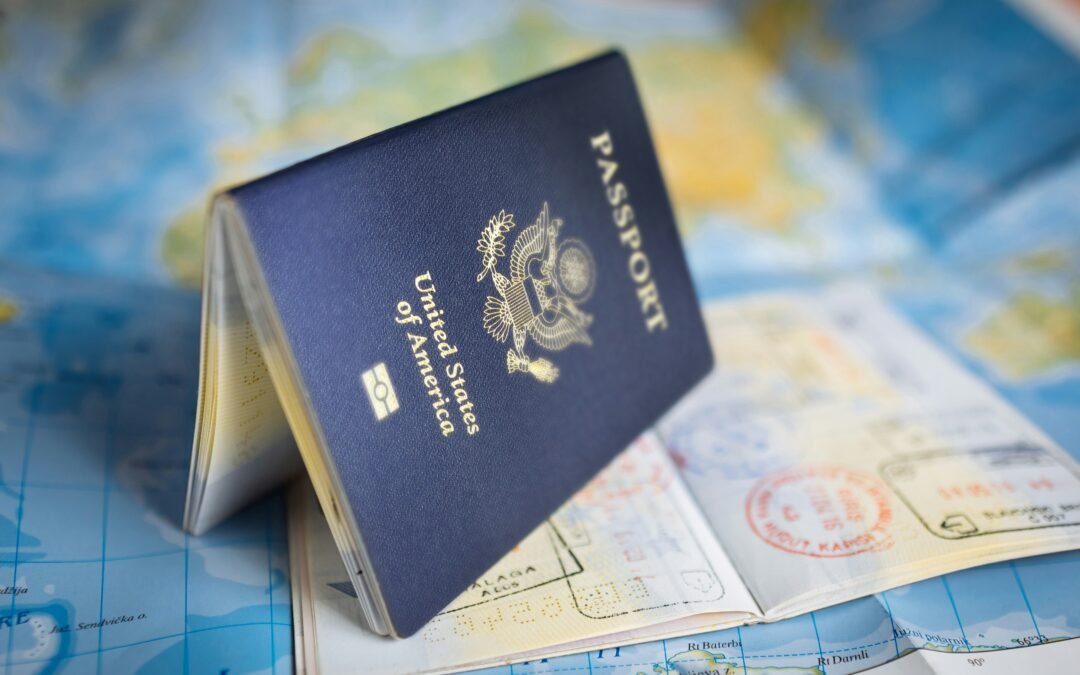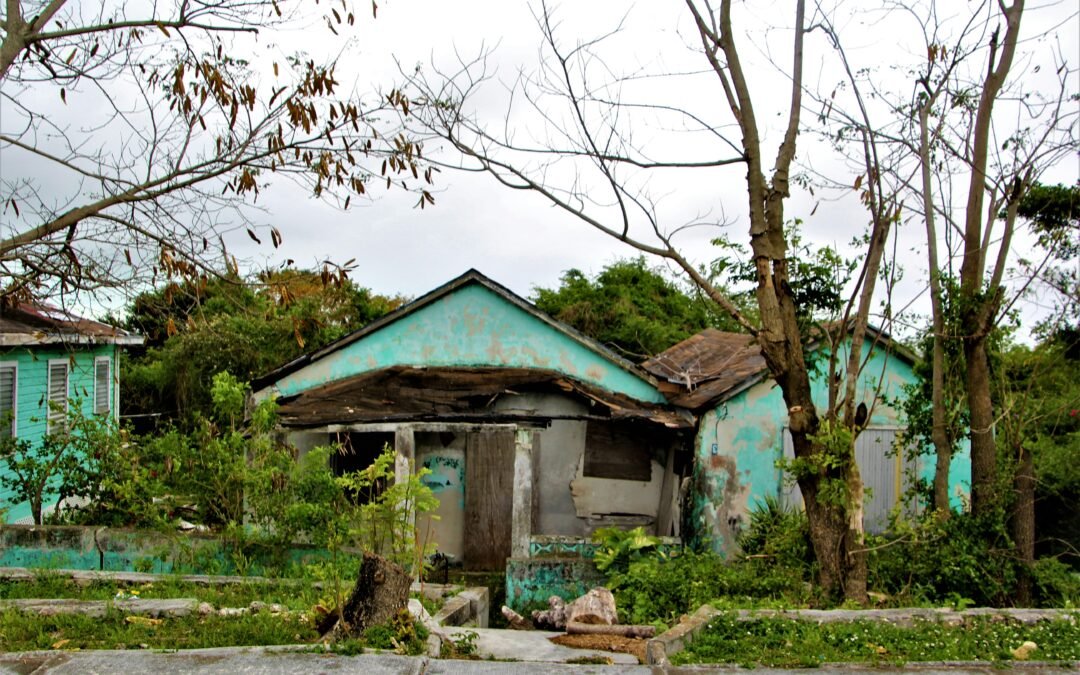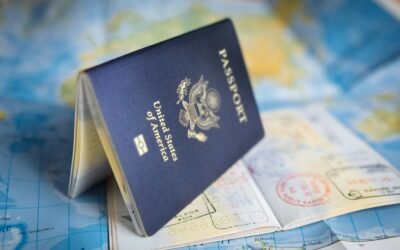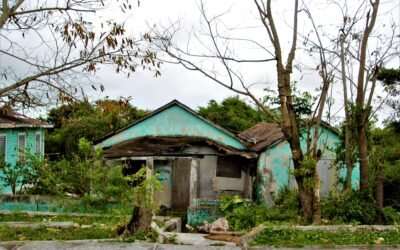Compared to places like the United States, Canada, Australia, and many of the western European countries, countries like Brazil are becoming an enticing option to those looking to give themselves the opportunity to actually buy a home, own land, start businesses to fill innovation gaps, and have a work-life balance that allows them to fulfill basic needs while also having extra time and money to explore the world and connect with friends or family. In fact, if you can maintain an American or European income through remote work in Brazil, you will find that your costs will be about 1/5th of your current costs, essentially increasing your purchasing power by 5x. In this article I will be explaining the cost of living in Brazil through my personal experience and data.
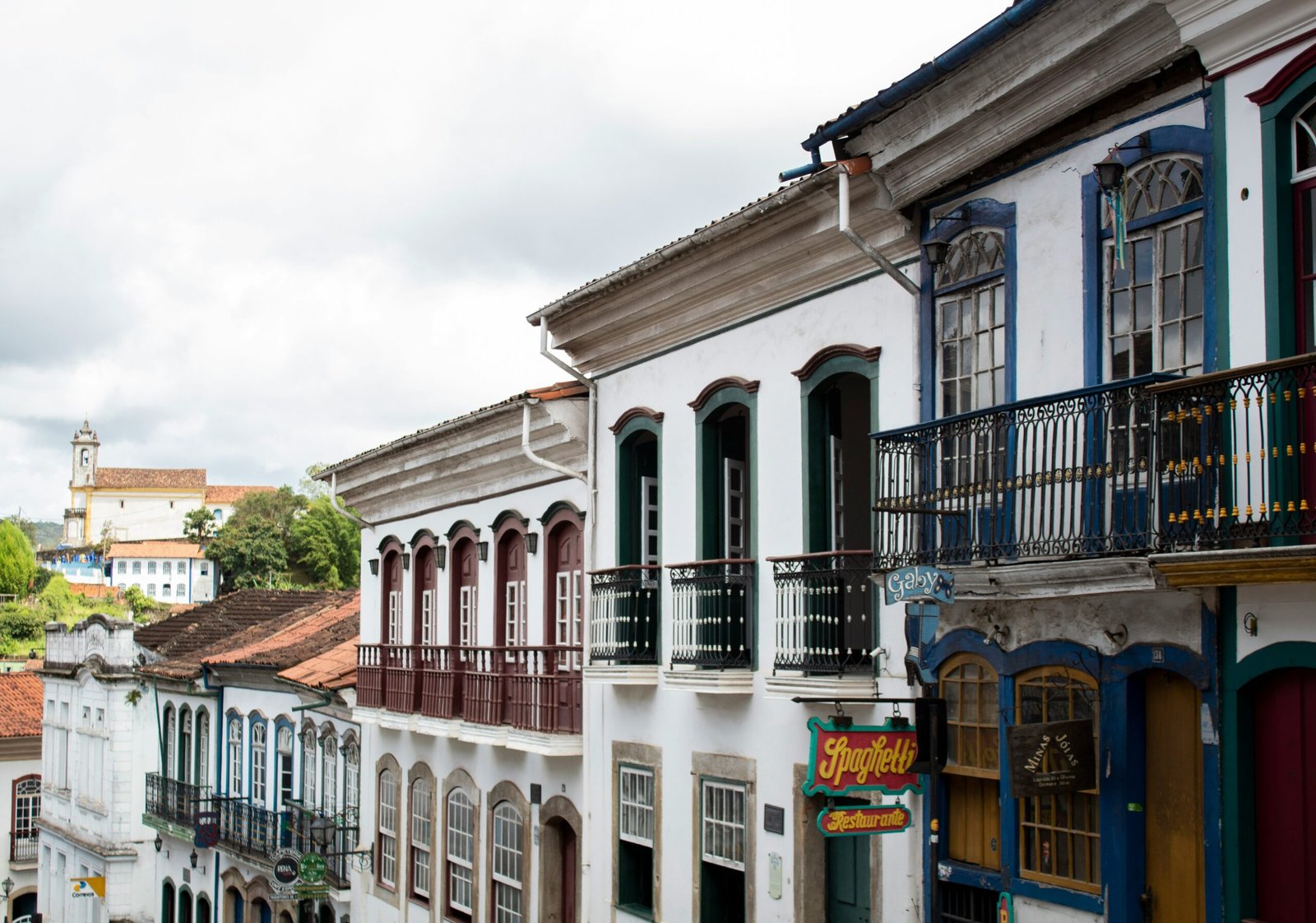
Housing Costs in Brazil
Average Rent: ~$250-700 USD
Whenever you travel or move abroad, your biggest expense will always be housing. In Brazil, housing is quite affordable with rent in major cities like São Paulo or Rio de Janeiro costing $350-700 USD for a good-sized one-bedroom apartment in a good neighborhood. Here in the city of Curitiba, I actually pay $600 USD per month for my 2-bedroom 2-bathroom apartment with plenty of space and in one of the best neighborhoods in the city. Everything I need is within walking distance, which is a common feature of most neighborhoods in Brazil, and I often find myself hardly needing to go places by car unless I’m exploring the city and meeting with friends.
If you’re looking to buy property in a good neighborhood, medium-sized modern homes will average you $210,000 USD on the lower end to $366,250 USD in more expensive upscale areas in a city like São Paulo. If you live in a less expensive city like Curitiba, you can buy a very large home in an excellent neighborhood for about $350,000. Of course if you want to live in a more scaled down space like an apartment, you can buy a great unit in an amazing neighborhood anywhere between $50,000 USD to $240,000 USD depending on the city you are in and how big or fancy the unit is. Overall, housing is extremely affordable for Americans and Europeans renting or buying property in Brazil.

Phone, Internet, Utilities, and Other Bills
Average Monthly Costs: ~$150 USD
When it comes to the cost of bills in Brazil, I was floored at how much more affordable things like phone, high-speed internet, and utilities are compared to the United States. My phone’s unlimited plan runs me just over $20 USD and includes my Netflix subscription. High speed fiber internet costs me $20 USD. And my electricity and gas bill combined are is about $70 USD. Living in Brazil, not only will you have the opportunity to easily pay for rent, but all of the other comforts and luxuries that you enjoy every day are sure to go easy on your wallet.

Food Costs in Brazil
Average Monthly Grocery Costs: ~$200 USD
The next most costly thing people tend to consider when budgeting for a life abroad is the cost of food. In the United States, I would easily spend over $600 per month on groceries. If you’re already struggling trying to get by with grocery costs like that, then you can probably kiss eating out and delivery goodbye, hampering one’s ability to really go out and fully enjoy life and all that your city has to offer. In Brazil, however, groceries are extremely affordable, allowing you much more financial breathing room for things like take-out on days you may not feel like cooking or enjoying all of the nightlife, restaurants, and bars the cities have to offer.
I typically spend about $250 USD per month on groceries here in Curitiba. This includes all of the fresh fruits, veggies, breads, meats, and beverages that I need to make good, healthy meals for myself at home. If I’m able to catch one of the local street markets (called feiras), it’s another good opportunity to save money on fresh-picked fruits and vegetables that are usually locally sourced.
Feeling like going out to splurge on a nice restaurant date? I’ve found that two adults can typically have a full course meal, desserts, and cocktails at a nice restaurant for no more than about $70 USD. If you stick to the main meals and cut out the appetizers, desserts, and cocktails, you could easily spend about $35 USD on a date at a nice place for two. In the United States, going out for drinks with friends can be brutal with cocktails costing $15-20 USD each, whereas Im often able to go out and have fun with friends and family, spending no more than about $5-7 USD per drink.
Of course if you fancy imported wines, cheese, and other specialty foods and ingredients, you can expect to pay a premium price for those goods. With all of the money you save elsewhere though, I find the small price hikes to be a non issue.
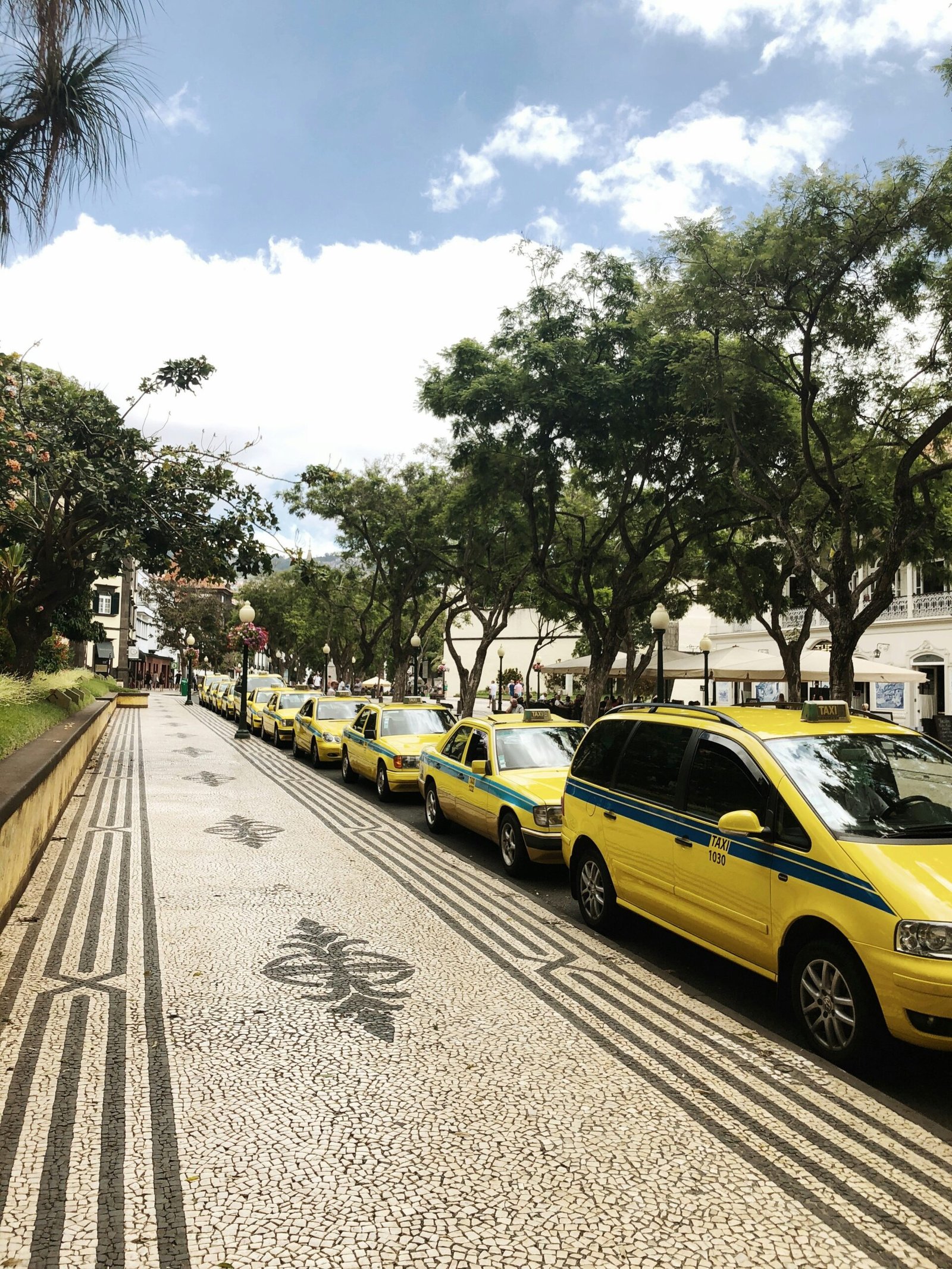
Transportation Costs in Brazil
Average Monthly Transporation Costs: ~$75
Transportation in Brazil is very affordable, but will largely depend on the city and your habits. With public transportation and affordable ride sharing being so accessible, many Brazilians and expats alike choose to live their lives without even owning a car, which is a shock to many Americans who are used to living in a very car-driven (pun intended) society. Most Uber rides around a city like São Paulo- one of South America’s most expensive cities- will only cost you around $4 USD for the average 15-20 minute trip. The most expensive Uber ride I’ve ever had there (during peak hours) was still only $11. That is pocket change compared to the $35 USD I would have to pay in Seattle for a 15-minute Uber rider. We’re talking costs well below half of what you would pay in the United States.
As I mentioned before, many neighborhoods are a bit insulated and are like the own communities meaning that you often don’t need to travel the city by car for your everyday needs and wants. Almost every neighborhood in the major cities of Brazil have their own gyms, bakeries, grocery stores, restaurants, pharmacies, and general goods, and post offices within a few minutes’ walk. However, if you want to travel outside the neighborhood by public transportation, that’s also an option and will be even cheaper than the uber rides. Cities like São Paulo have excellent public bus and underground metro systems that can get you anywhere you’d want to go and you can expect to pay no more than a single dollar. That’s right- $1 USD for your underground metro ride. Bus rides in São Paulo will run you about $0.75 USD and here in Curitiba where I live, it’s famous and efficient bus system is only around $0.40 USD to get me anywhere I need to go.
Brazil also has many affordable long-distance bus options to take you across country for very little. The long-distance buses are actually quite spacious and comfortable, with the first class ticket options allowing you to get seats that fully turn into a bed for you to sleep in- completely different from the experience you would have with a Greyhound bus in the United States. Long distance bus tickets only cost me about $20 USD for 6-7 hour rides between Brazil’s capital hubs.

Healthcare Costs in Brazil
Average Monthly Healthcare Costs: ~$0-200 USD
It tends to blow the minds of non-Americans that U.S. citizens often go into medical bankruptcy due to medical emergencies and treatments. Most Americans are hesitant to go to the doctor due to fears that you will leave with a large bill waiting for you despite the fact you have insurance. Brazil, like the rest of the developed world, manages to invest into its citizen’s healthcare, providing completely free public care to anyone who needs it. That’s right- whether you need a regular checkup, an ambulance ride, an emergency surgery, or cancer treatment, Brazil will take care of it’s citizens and residents health with no cost. I personally had to make a trip to the hospital one night after a cashew-laced dessert had me not feeling quite right. Knowing how serious nut allergies can be, I raced to the hospital, was given what had to have been horse tranquilizers (your body can’t kill you if you shut it down first!), and left with additional pills in hand absolutely free. I went again recently for a checkup and once again paid absolutely nothing for the service and medicines with the most expensive part of the visit being my uber ride to the doctor (only $1.50 USD).
Private health insurance is also an option in Brazil if you don’t want to use the public health system. With private health insurance you can have more freedom and flexibility to customize the care you need and the doctor you have in addition to being certain that you will have faster service. However, even private insurance is completely affordable with even the most expensive plans only running you $50 USD monthly up to $260 USD on the very premium end. I have personally gone to private doctors and specialists without any insurance and never paid more than about $60 USD out-of-pocket.
As far as medications go, generic medications are widely available and are much, MUCH cheaper than what you can expect to see in the United States. If you have asthma, for example, you can pick up an inhaler at your local pharmacy, over-the-counter, for about $5. For Americans this is something truly out of a fantasy novel.
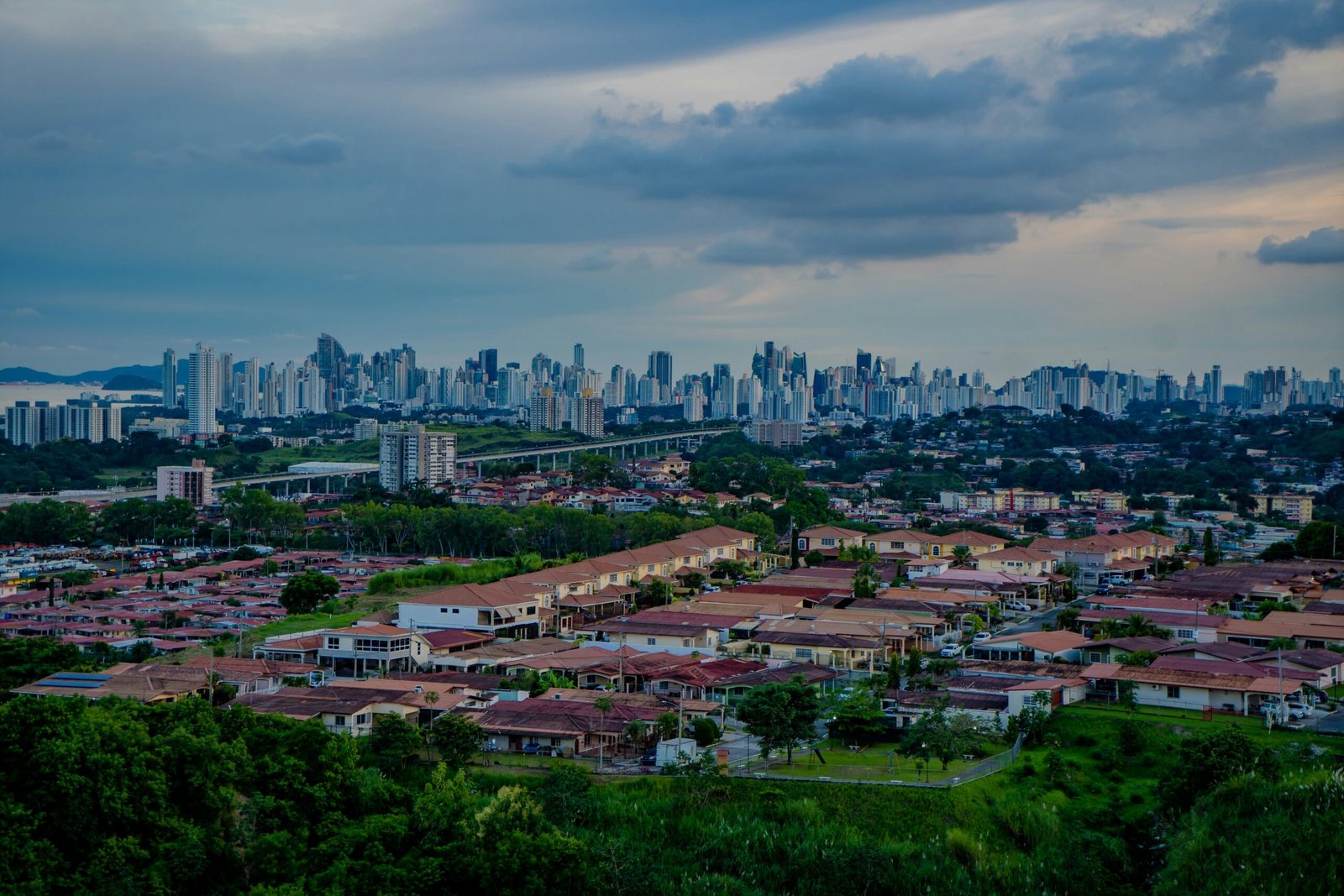
Summary
A recap of what you can expect to pay each month living in a major Brazilian city:
- Rent: ~$250-700 USD
- Food: ~$200 USD
- Transportation: ~$75 USD depending on lifestyle
- Bills: ~$150 USD
- Healthcare: ~$0-200 USD
Overall, Brazil offers a much lower cost of living compared to many Western countries like the United States. For young people struggling trying to get by and launch their lives, or for retirees and older folks who are struggling to make it on their social security or pensions, a country like Brazil is an incredible opportunity to get your power back and live a high quality life on far less money. Of course it will always depend heavily on your location and lifestyle, but a single person can live a great, modest, comfortable life for anywhere between $1,500 USD to $2,500 USD per month, however I always tell people that if you really want to live comfortably and have financial breathing room for social activities, traveling, tourism, and luxuries, you should aim to bring a monthly income of about $3,500 USD per month. Learning to live like a local- shopping at street markets, using public transit, and embracing Brazilian brands- will certainly stretch your money a lot further.


